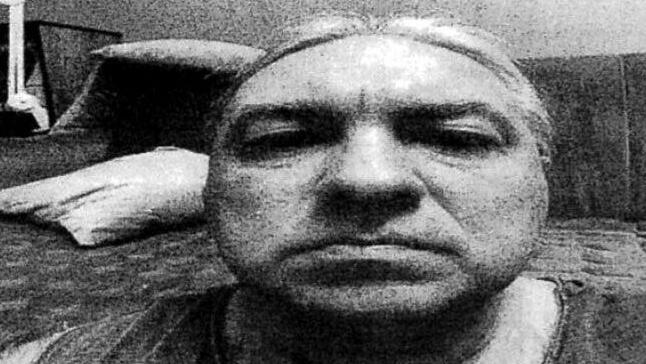The International Department of the State Attorney’s Office has petitioned the Jerusalem District Court to declare Rostislav Panev, an Israeli citizen and resident of Haifa, can be extradited to the United States. Panev is wanted for prosecution on charges of conspiracy to commit fraud, cybercrime, wire fraud, and other offenses.
The petition, filed in October, became public on Thursday after a gag order was lifted. According to the U.S. extradition request, Panev was part of LockBit, one of the most prominent ransomware hacker groups in the world. The group is accused of developing software used in ransomware attacks against approximately 2,500 victims, where ransoms were demanded in exchange for unlocking their systems and sensitive data. When victims refused to pay, stolen data was reportedly published on a designated server controlled by the group.
One of the world’s most dangerous cybercrime networks
This case is regarded as one of the most significant in the cybercrime world. LockBit is accused of carrying out ransomware attacks worth an estimated $500 million, targeting U.S. government systems, including locking the networks of American hospitals and demanding multimillion-dollar ransoms to release critical data. U.S. authorities suspect the group may have ties to Russian intelligence and that it has carried out attacks in other countries, such as France.
The extradition request reveals that between 2019 and 2024, Panev served as a software developer for LockBit. As part of his role, he reportedly created advanced tools, including a mechanism that allowed ransom notes to be printed from any printer connected to an infected system. During this time, Panev allegedly received payments totaling approximately $230,000, all paid in Bitcoin.
During the investigation, threatening ransom letters allegedly used by LockBit and digital wallets linked to Panev’s payments were found in his Haifa home. FBI investigators traveled to Israel and requested to interrogate Panev directly due to the severity of the allegations.
However, Panev’s lawyer, Sharon Nahari, objected to the interrogation, citing differences between U.S. and Israeli legal rights for suspects, such as the right to have an attorney present during questioning. Nahari argued that these differences would compromise Panev’s rights. As a result, Panev refused to cooperate, and the FBI agents returned to the U.S. A similar request from French authorities to question Panev was also denied due to Nahari’s opposition.
Arrest, extradition efforts, and legal challenges
Panev was arrested at his home in Haifa on August 18, 2024. Following a formal extradition request from the United States, Israel’s Minister of Justice signed the necessary order, and a petition was filed to declare Panev extraditable. Authorities also requested his detention until the petition is resolved.
The case remained under a gag order at the request of the U.S., which expressed concerns that publicizing the investigation could prompt other suspects involved in the LockBit network to flee to Russia, potentially undermining the ongoing investigation against the group.
Get the Ynetnews app on your smartphone: Google Play: https://bit.ly/4eJ37pE | Apple App Store: https://bit.ly/3ZL7iNv
The case is being handled by Adv. Avi Kronenberg from the International Department of the State Attorney’s Office, with Panev’s arrest coordinated by the Operations Coordination Division of the Intelligence Division of the Israel Police. The extradition hearing is scheduled for early January at the Jerusalem District Court.
Panev’s lawyer, Sharon Nahari, who specializes in white-collar crime and extradition cases, stated: “My client is a computer technician. His role was strictly limited to software development, and he was neither aware of nor involved in the primary offenses he has been accused of, including fraud, extortion, and money laundering.”




